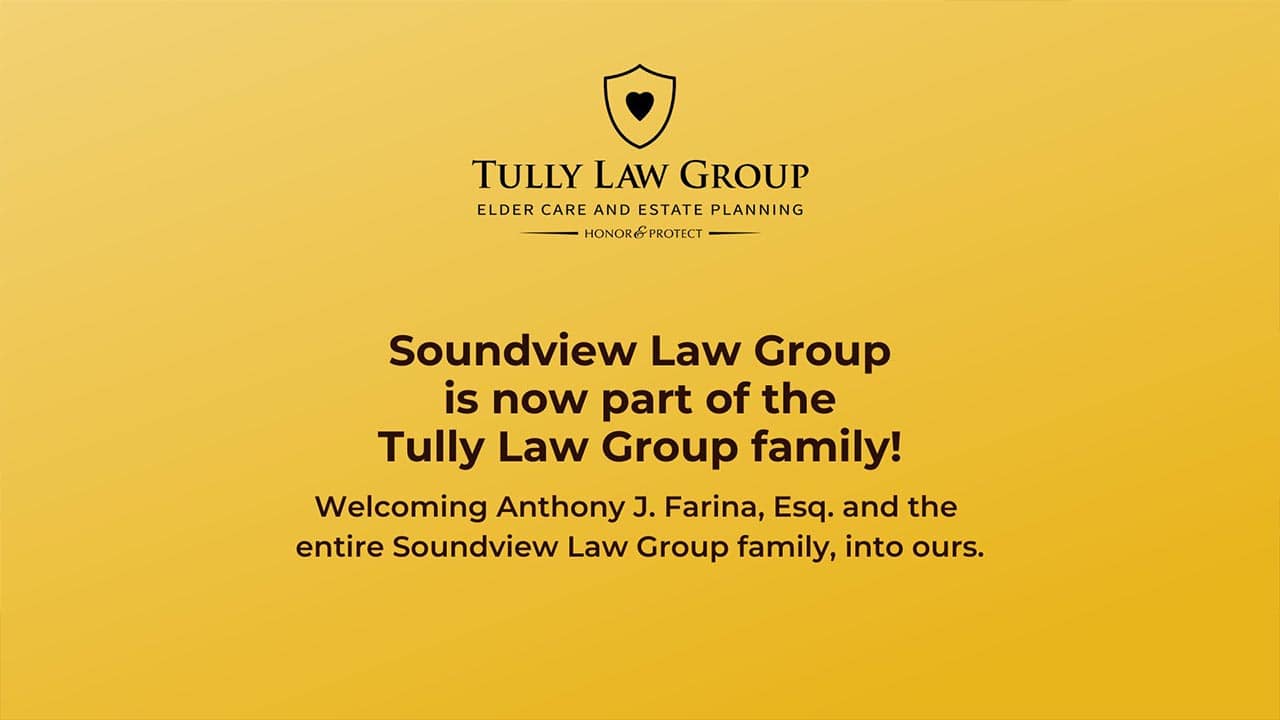Medicaid Eligibility
If you require long term custodial care in a nursing facility, your Home would be considered an available resource for purposes of Medicaid eligibility unless some exception under the law applies (see below). Hence, unless an exception applies, you would be ineligible for nursing home care under Medicaid.
A “Homestead” is the primary residence occupied by a Medicaid applicant or her/his spouse; minor, certified blind or certified disabled child; or her/his dependent relatives. A “Homestead” is an exempt resource for purposes of Medicaid eligibility.
Medicaid Eligibility Rules
All transfers, including the transfer of your Home, are currently subject to a “look-back period” from the time of application for Medicaid benefits of sixty (60) months with no cap on the period of ineligibility for purposes of Medicaid eligibility as to long term nursing home care. These look-back periods were modified by the Deficit Reduction Act of 2005 (DRA). As of February, 2009, the look back period for application purposes only will begin to incrementally increase to sixty months.
The period of ineligibility for nursing home services under Medicaid is equal to the uncompensated value of the resource transferred divided by the average regional monthly cost of a nursing home to a private pay patient. For example, if a Long Island Home was transferred on or after January 1, 2008, the rate would be $10,555 per month. However, while the period of ineligibility is still calculated in the same manner, the DRA modified when the actual period of ineligibility will begin to run which is now only when you are receiving long term care services and are “otherwise eligible” financially. This remains a possibility for a period of five years (sixty months) from the month of the transfer.
After the passage of the sixty months, this transfer would protect the residence from being counted as an available asset as to Medicaid eligibility and from a Medicaid claim for reimbursement in the event you required Medicaid.
An exempt “Homestead” can be transferred without penalty to a spouse; a minor or disabled child; an adult child who has resided with the parent for at least two years prior to the transfer and has been a caregiver; or a brother or sister of the owner who has lived with the owner for at least one year prior to the transfer and who has an “equity interest” in the home.
Transfer of Home with Retained Life Estate
One planning alternative is for you to transfer your residence to your children subject to your retaining a life estate which would give you the right to live in the residence for your lifetime.
A transfer of the residence with a retained life estate will be subject to the sixty month look-back period with no cap on the period of ineligibility for purposes of Medicaid nursing home care.
The period of ineligibility for nursing home services under Medicaid is equal to the uncompensated value of the resource (the value of the residence less the value of the retained life estate) transferred divided by the average regional monthly cost of a nursing home to a private pay patient. This will result in a shorter transfer penalty than if the transfer were outright.
Will I have to pay gift taxes?
You will need to acquire an appraisal of the residence valued as of the date of transfer. The value of the gift is equal to the fair market value of the residence.
You will have to file Federal gift tax returns on or before April 15 of next year. There should be no Federal gift taxes due because each individual has a $1,000,000 lifetime gift tax credit equivalent.
Will I lose my real estate tax exemptions?
Please note that an unrestricted life estate will not adversely affect your continuing eligibility for the Veteran’s, School Tax Relief (STAR) or Senior Citizen’s exemption, but a restricted life estate would.
Can I sell the Home?
If you sell the residence in the future, you would need the consent of your children. The proceeds would then be distributed partly to you as the life tenant and partly to the children as remainderpersons.
The transfer may adversely affect your ability to maximize your capital gains tax exclusion of $250,000 ($500,000 for a married couple) on the gain from the sale of the residence.
If the residence were sold while you were residing in a Nursing Home, then the sale proceeds may adversely affect your Medicaid eligibility. An alternative to selling the residence would be to rent the residence to a third party. Please note that the net rental income would be part of your Medicaid budget.
What happens in the future?
Upon your demise, the fair market value of the residence will be included in your estate for Federal and New York State estate tax purposes. Estate tax returns may be required and taxes may be owed. The children would own the entire interest in the residence automatically – by operation of law. The residence would not be subject to a probate proceeding.
Also, this transfer would result in your children receiving a “step-up in basis” for income tax purposes upon your demise which will minimize any income taxes on the subsequent sale of the residence after your demise.








